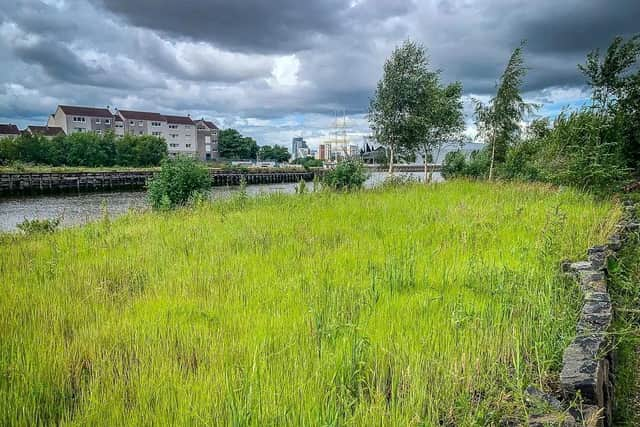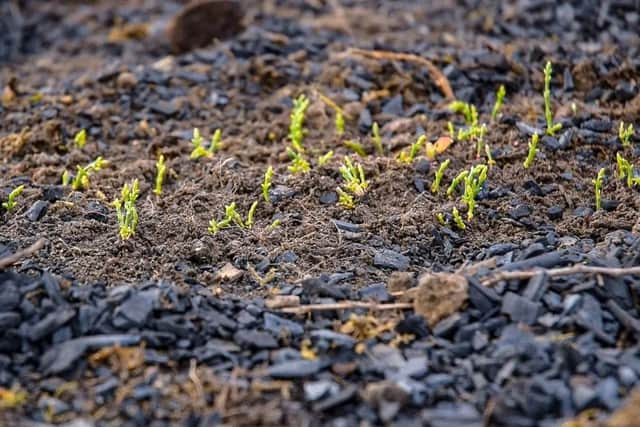“Groundbreaking” soil project being piloted in Lancashire to reduce county's carbon footprint
and live on Freeview channel 276
Lancashire County Council has partnered with North-West based Positive Biocarbon to improve soils and store atmospheric carbon using biochar.
What is Biochar?
Biochar is a charcoal-like substance made through a controlled process called pyrolysis that converts organic biomass waste (the additional CO2 generated from burning organic matter) into stable soil carbon. For every tonne of biochar, three tonnes of atmospheric CO2 are captured and carbon is permanently stored when insulated in soils or building materials.


How does it work?
Advertisement
Hide AdAdvertisement
Hide AdWhen plants and trees decompose, the CO2 which they have stored throughout their life is released back into the air, but when using biochar, this CO2 can be stored within the soil, reducing the amount in the atmosphere, thus helping to fight climate change.
In just 10-13 years, this project could lock as much CO2 into the ground as a broadleaf woodland of the same size could in 50 years.
Where is it happening?


The project is being conducted at two separate sites: Chisnall Hall, near Chorley, and Midgeland Farm, near Blackpool — a total of six hectares of farmland will be used during the pilot.
"Groundbreaking”
James MacPhail, Biochar consultant, said: “This new groundbreaking initiative should create a catalyst across the UK for other local authorities to adopt best practice in soil remediation.
Advertisement
Hide AdAdvertisement
Hide Ad"It is well documented that offsetting alone cannot combat climate change; we need to look at solutions for capturing carbon too. Not only does biochar creation capture atmospheric carbon and store it for hundreds of years — but it also has the physical properties to improve soil quality, enabling previously unproductive land to become useful again.”
He added: “Biochar has been used to great effect for years on remediating soils that are contaminated with heavy metals such as cadmium, lead and zinc, dangerous chemicals, such as arsenic, pesticides and organic pollutants.
“There have been a vast number of international scientific studies into the effect biochar has on contaminated soils. Crucially once the sponge-like structure of the biochar absorbs the pollutants, these aren’t released again. The immobilisation of the contaminants through biochar can lock up 500 times more than soil alone — due to its high surface area, high cation exchange capacity and long residence time in the soil.”